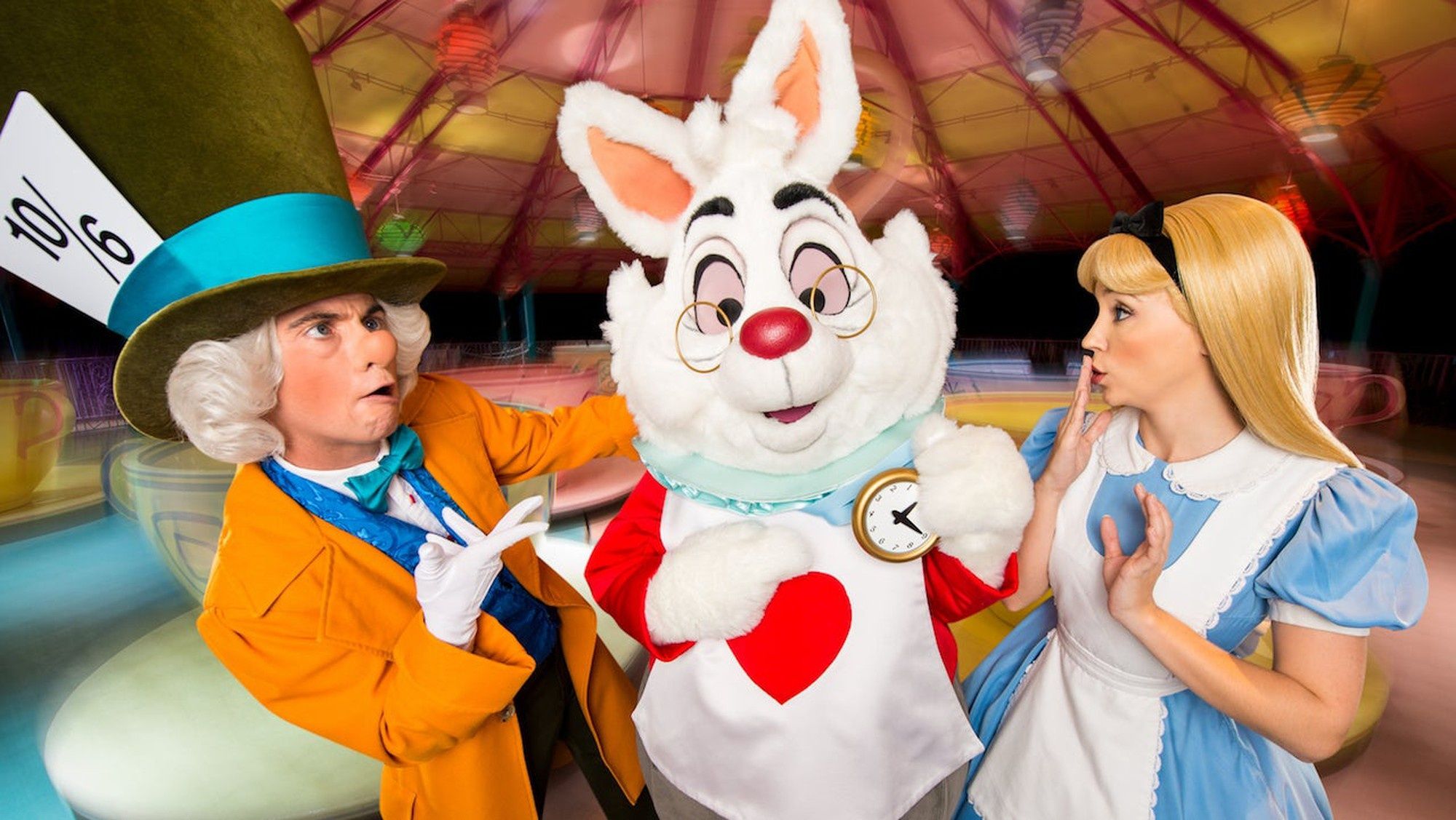The most powerful content lineup in all of media just became even more dominant. Walt Disney Company (DIS +1.09%) reached an agreement with Paramount Pictures to gain marketing and distribution rights to future films in the popular Indiana Jones adventure franchise. The deal is just the latest move by Disney to bolster its already formidable media library and solidify its position as the king of content.
An adventure in the making
The decision by Disney's management to move forward with the Indiana Jones franchise is not surprising, considering that the company's acquisition of Lucasfilm last year included production rights to the intellectual property . However, the deal, of which several details are still unknown, clears the way for Disney to make future movies in the franchise completely on its own terms.
Paramount Pictures still retains distribution rights for the first four movies in the franchise and will receive a percentage of all future films in the franchise from Disney.
While Disney has not confirmed that it intends to move forward with future films, it now seems like a real possibility. Considering the enthusiasm with which actor Harrison Ford, who has played the titular character in all prior installments, last spoke about the franchise, a feature film seems more likely then ever.
In order to properly grasp the impact a new movie in the Indiana Jones franchise could have for Disney, it helps to look at the success of the prior films. The following is a breakdown of the box-office returns and consensus critic ratings for all four existing movies in the franchise:
|
Movie |
Raiders of the Lost Ark |
Temple of Doom |
The Last Crusade |
Kingdom of the Crystal Skull |
|---|---|---|---|---|
|
Worldwide Box-Office Return |
$389.9 million |
$333.1 million |
$474.2 million |
$786.6 million |
|
Rotten Tomatoes Rating |
95% |
85% |
88% |
78% |
The movies have performed well over the years, both critically and commercially. The movie that received the worst reviews, Indiana Jones and the Kingdom of the Crystal Skull, was the most recent movie and it managed to perform the best. This indicates that there is still incredibly strong demand for the franchise.
Of course, the trilogy treatment for the adventure hero seems more than likely as it is becoming an increasingly common way to fully monetize popular content. Especially considering the aggressive way in which Disney management has handled the Marvel properties and its stated plans for the beloved Star Wars franchise, an Indiana Jones trilogy only makes sense from a fiscal perspective.
A library that is unrivaled, for now
Disney's library of content includes some of the best entertainment properties, most notably the ABC and ESPN networks, Marvel, Lucasfilm, and Pixar. With regard to movies, the more strength that Disney can derive from its blockbuster franchises, the fewer chances it has to take on unproven ventures like The Lone Ranger which ended up losing the media giant well over $150 million in the fourth quarter.
There are only a few companies that can realistically compete with Disney in terms of content. The most formidable competitor is Time Warner (TWX +0.00%), which has been following in Disney's footsteps in some regards.
Perhaps after witnessing the tremendous success that the expansion of the Marvel universe has brought Disney, management at Time Warner has been busy building a strong foundation under its own comic universe, DC. While Zach Snyder's recent Man of Steel movie managed to divide audiences and critics alike, the latest Superman installment still generated over $660 million at the worldwide box office.
Time Warner is now preparing a Batman vs. Superman movie, which is expected to set the groundwork for a future Justice League movie in the future. While not yet equaling Marvel's success on the silver screen, DC Entertainment appears to have a very bright future ahead of it.
Like Disney, Time Warner's content library is also surprisingly well rounded. In addition to DC Entertainment, the company owns impressive brands such as HBO and Cinemax, Warner Brothers, CNN, TNT, TBS, Cartoon Network, and truTV.
Also impressive is that Time Warner's management has shown that it wants to hone the company's focus and make it strictly a television and film company. Time Warner intends to divest itself of Time Inc, a publishing division, at the end of the fiscal year.
Large-cap growth
Considering the sheer size of Disney, with a market capitalization just north of $125 billion compared to Time Warner's $60 billion market cap, the company's growth has been admirable. Projections call for Disney to grow revenue by 6.6% and earnings per share by 15% in 2014, which compares favorably to Time Warner's projected revenue growth of 3.7% and EPS growth of 13.6% for the same year.
While management at Time Warner is trying admirably, the company has yet to surpass Disney in terms of content quality. In general, no media company has an edge over Disney in this regard. With the official arrival of Indiana Jones into the fold, Disney's industry-leading library just got even better and its shareholders stand to benefit in the long run.






